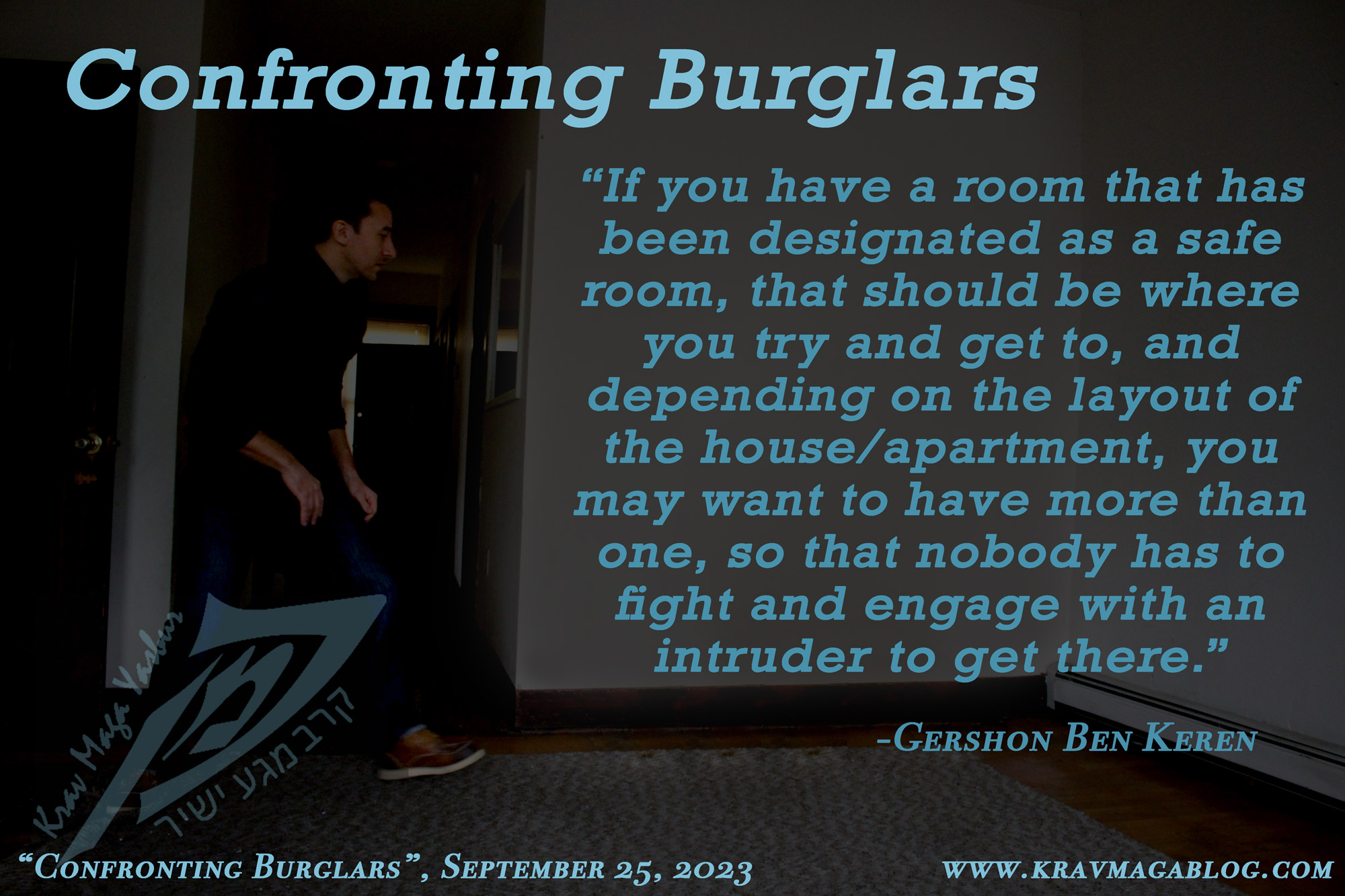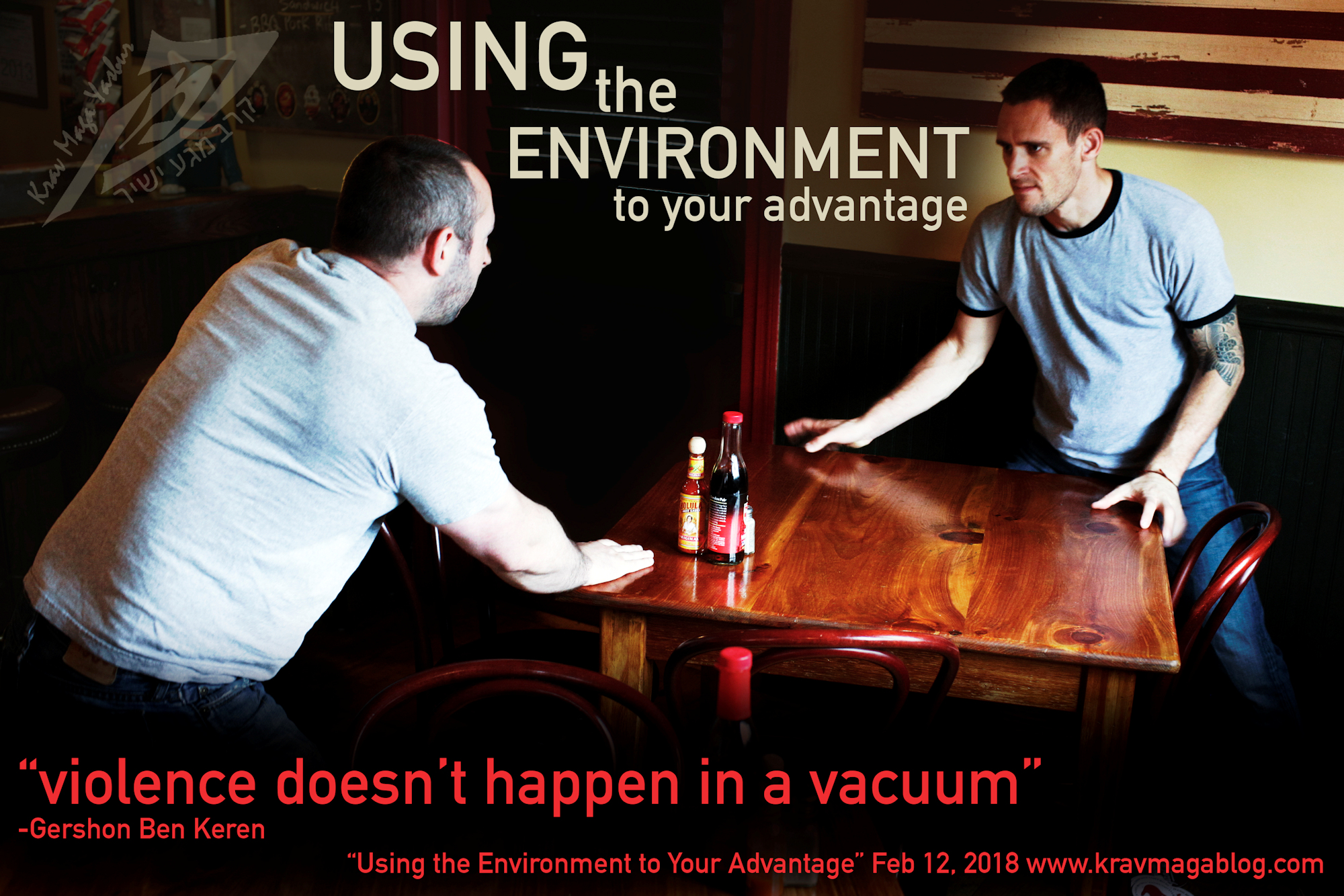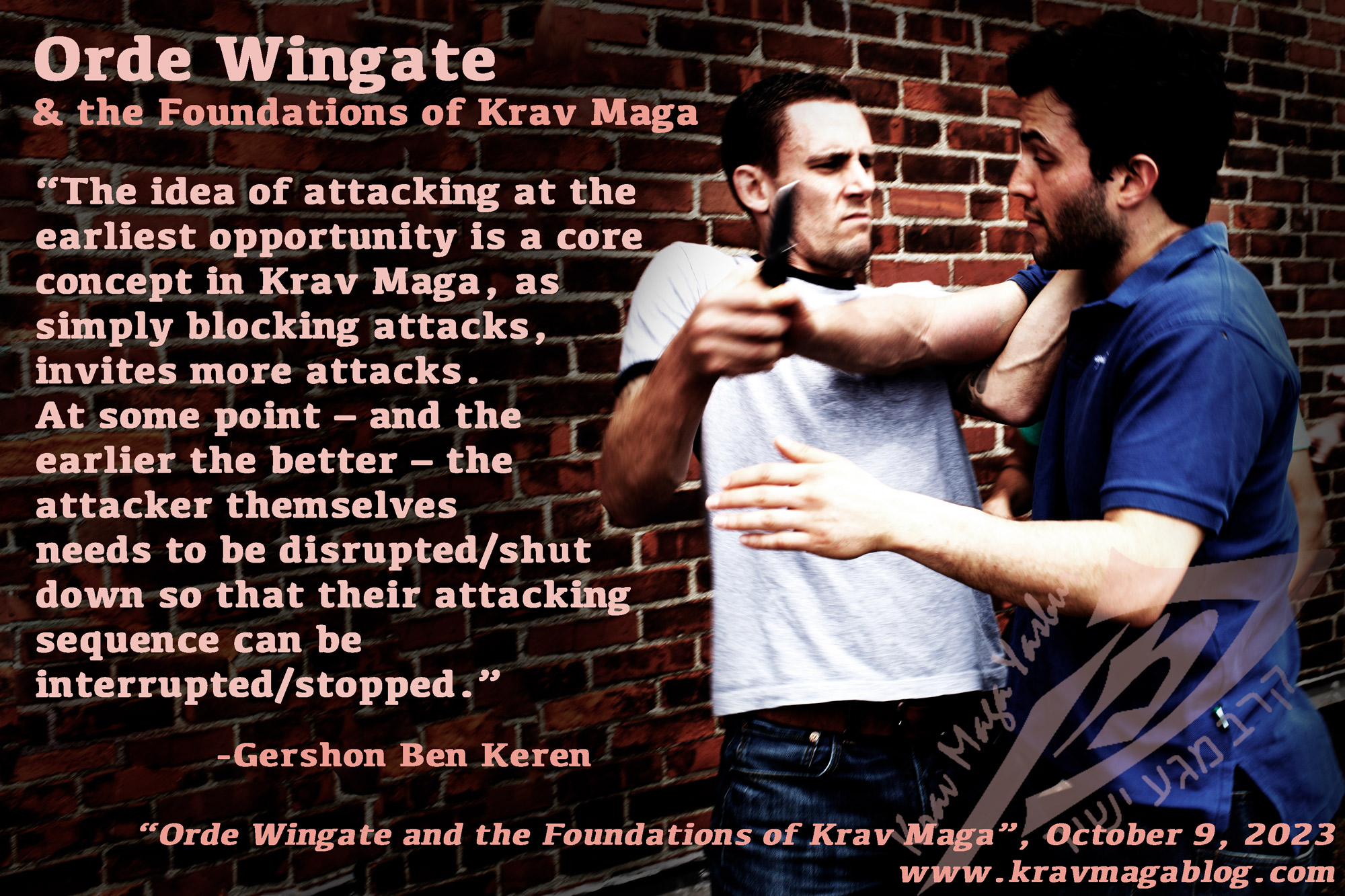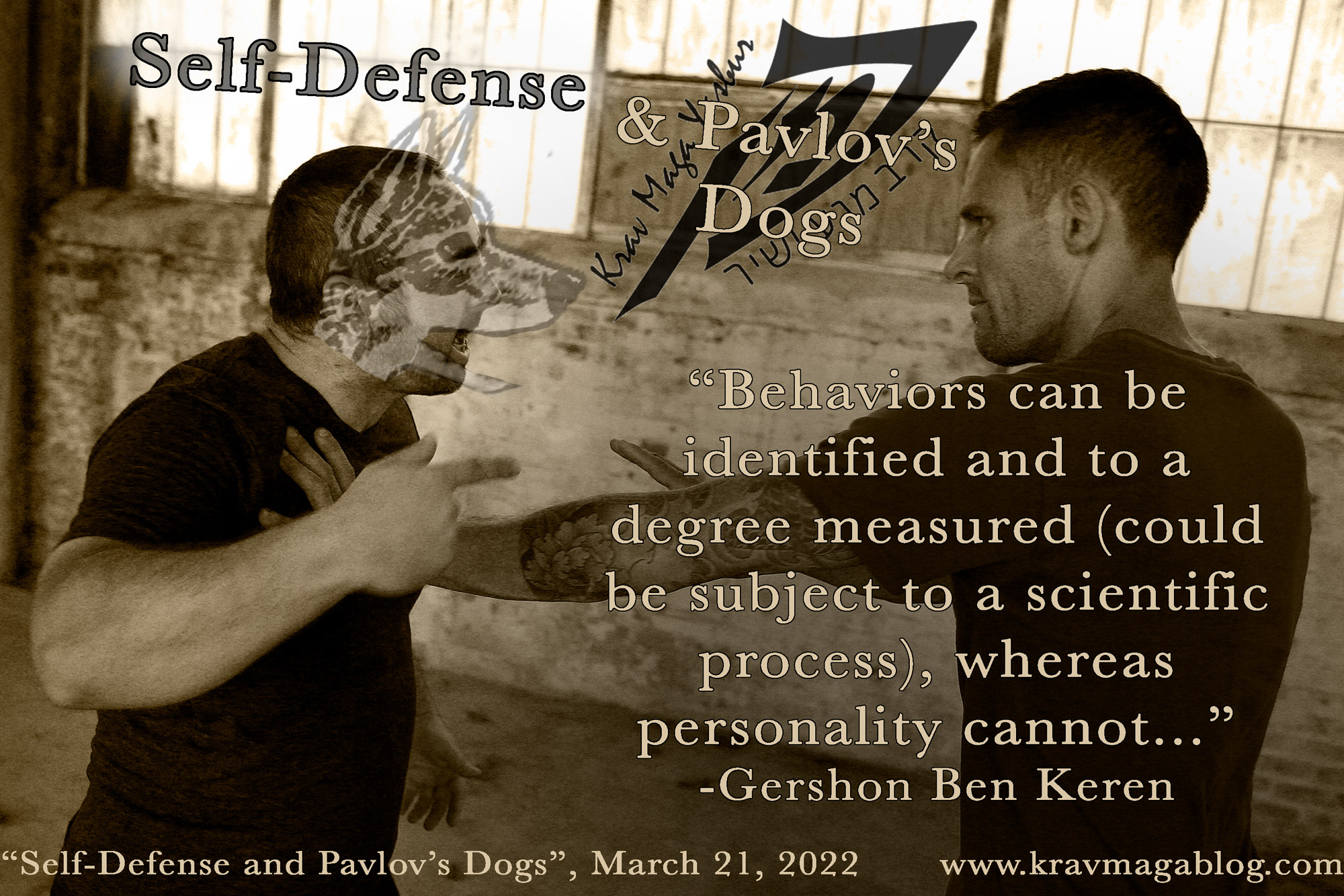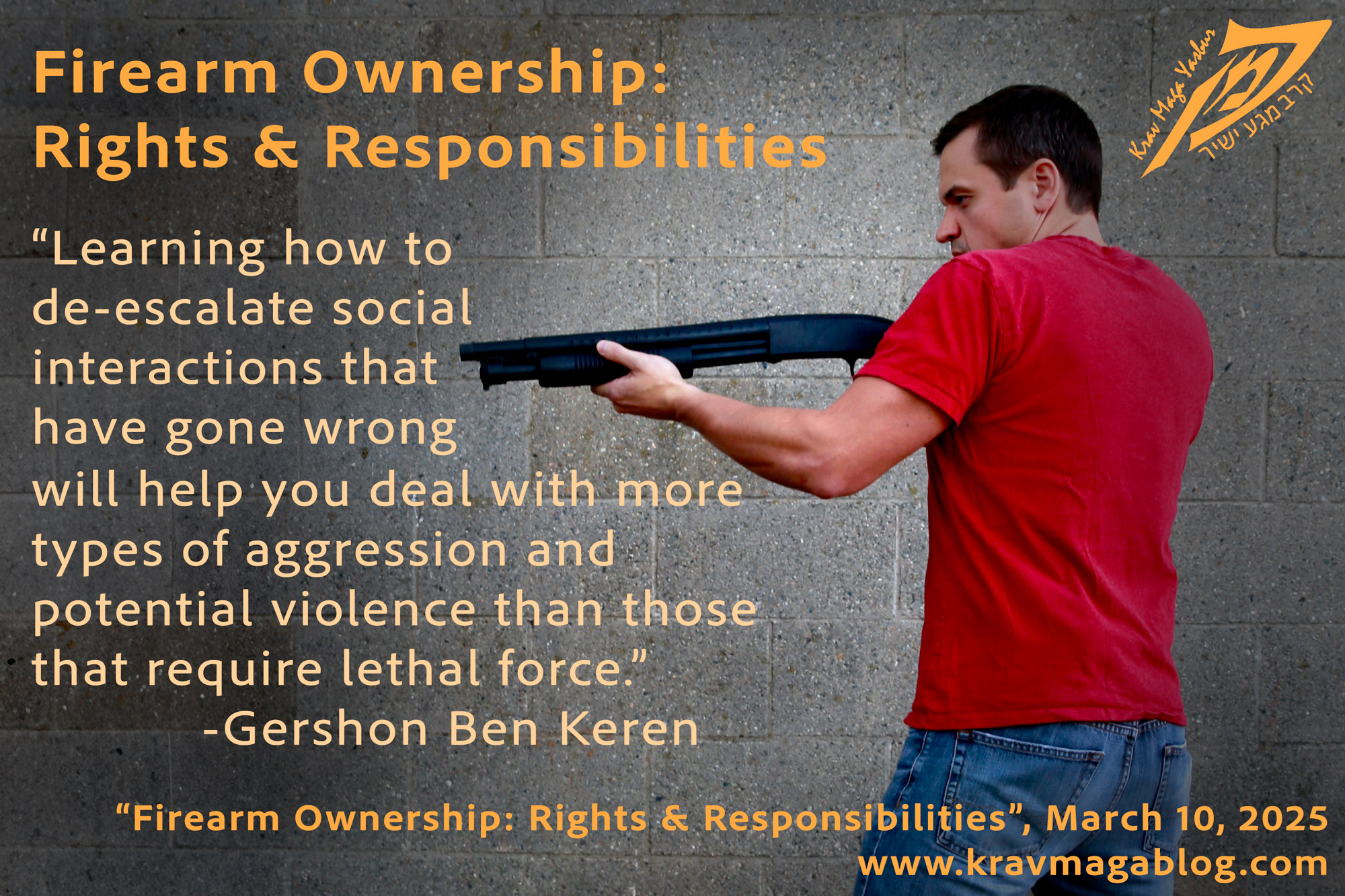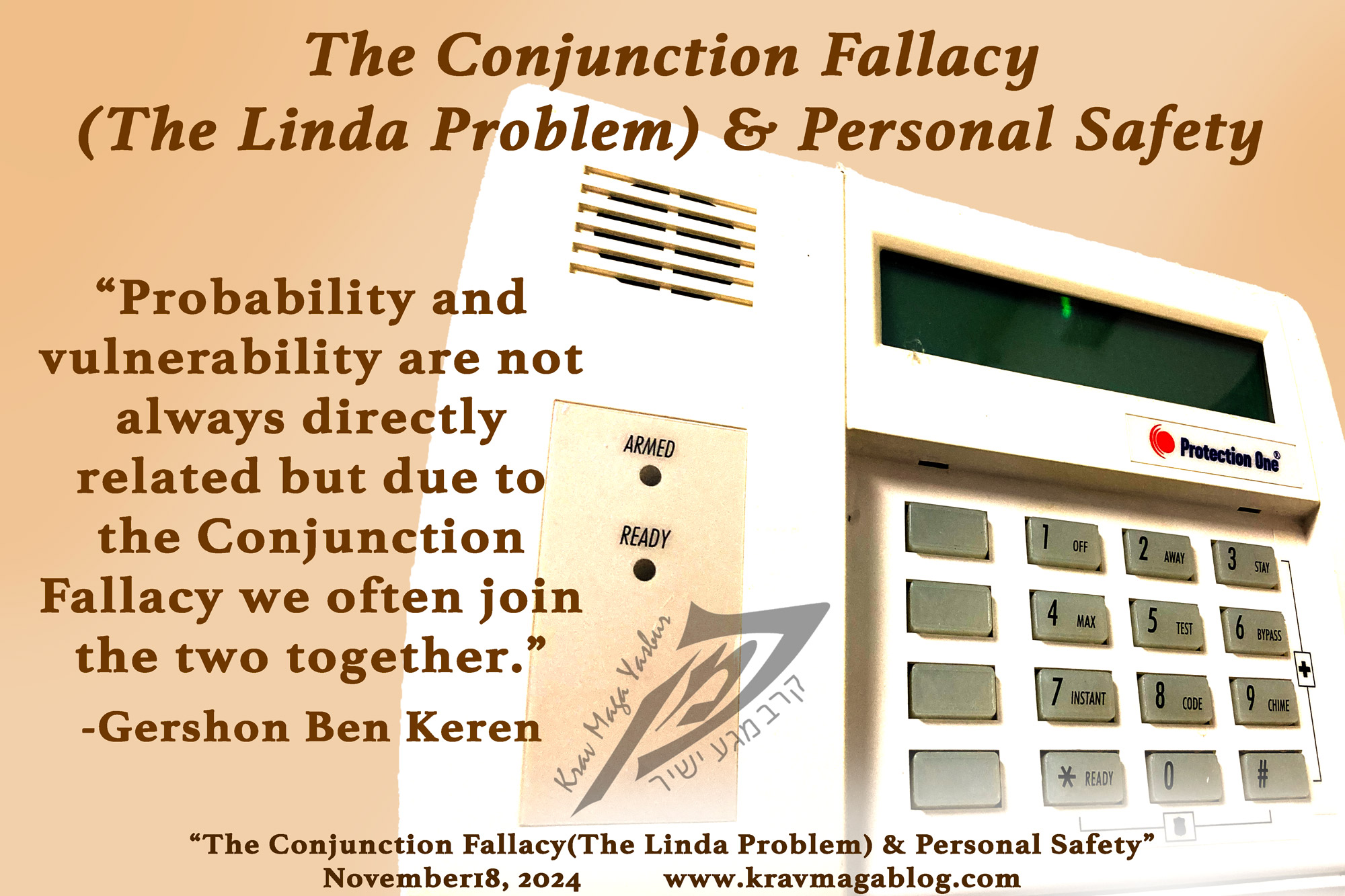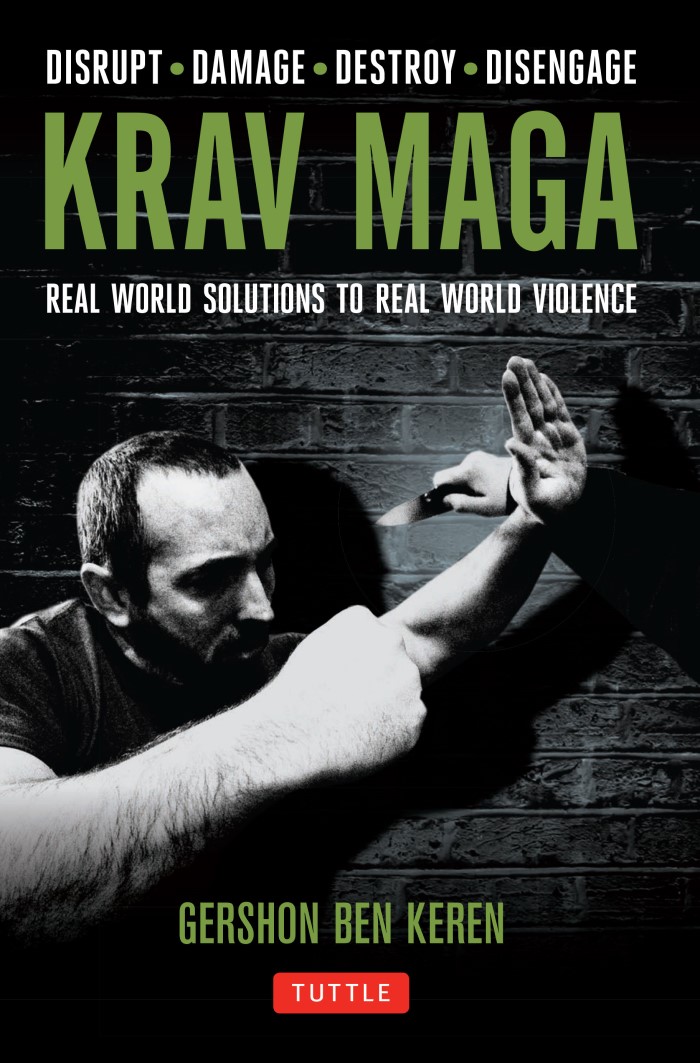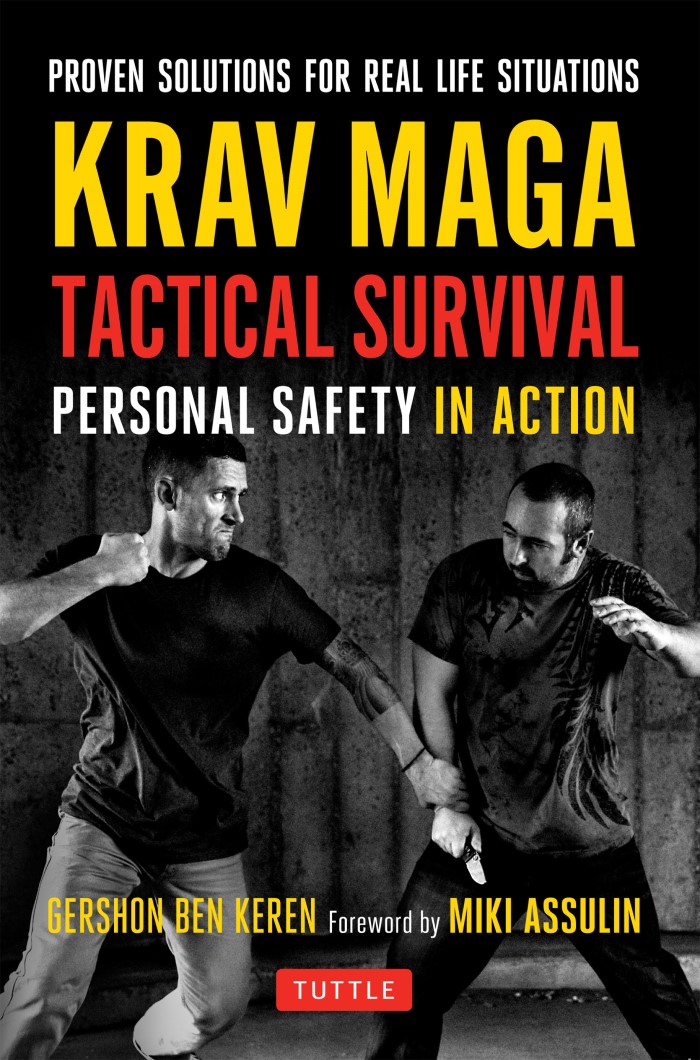Air Rage, is an article written by Gershon Ben Keren, a 5th Degree Black Belt in Krav Maga, who teaches Krav Maga in Boston, MA. He has also authored three Amazon best-Selling Books on Krav Maga.
Last week I got to witness an incident of air rage. It was during an overnight flight from Atlanta to Johannesburg, and was a great example of two individuals who became so invested in their anger, and their justification(s) to be angry, that they were unable to consider alternatives that could have resolved the situation – it was also a great example of a lack of training in de-escalation and conflict resolution, on the part of the flight attendants and airline staff; something that is quite disturbing considering the potential danger(s) that an irate passenger can cause at 30 000 ft.
Soon after take-off, a man in the row in front (of a passenger sitting on my right), reclined his seat back fully, so that the person to my right was now sitting in a more restricted space. Rather than simply accepting that, annoying as it is, a person is entitled to recline their seat as far back as it would go, the woman next to me, decided to make a point of it. Knowing that she didn’t have the right to tell him that he couldn’t do this, she made an implied threat about what may happen if he continued to push his seat back into this position i.e. because of her very long legs, it would be likely that if he reclined to fast he may feel her knees in his back (causing both him and her pain), and so it would be better if he notified her of when he intended to move his seat back. Difficult people will often try and add steps and stages, creating processes that you have to adhere to, in order for you not to offend them. The goal of this is to dissuade you from even considering acting and behaving in a certain way because it’s not worth the hassle of doing so e.g. if the passenger in front of her had agreed to her request that he tell her every time he moved his seat, he may get to the point where he feels embarrassed to keep telling her he needs to recline his seat, and so stop from doing it. Many difficult people have found that they can exploit other people’s natural politeness, and it was obvious that this is what she was trying to do. Unfortunately for her she was dealing with someone who didn’t feel the need to be polite, and who informed her that this was her problem not his, and she would have to deal with it.
Difficult people have an extremely hard time when people call them out. In that precise moment when the passenger in front of her told her that this was her issue not his, she realized she had lost control of having any influence over the situation and would need to take a different course of action if she would be able to exert any power and control over her environment. It is likely that she’d had previous successes with her “long leg” argument, and that out of politeness people had stopped reclining their seats back etc. It may be that this was the first experience she’d had of someone directly telling her that they weren’t going to do what she requested. Rather than accepting the situation she invested in the apparent injustice of it, and decided to follow a path of escalation; one that she hoped would gather supporters to her cause e.g. other passengers and airline crew. To do this, every time the seat in front of her moved, she’d bring her knees up into it, and make a loud exclamation about how her knees had been hit, on one occasion alerting everyone to the fact that the passenger in front of her had drawn blood. If the cabin staff had decided not to intervene at that stage, I think her injuries would have escalated further and further until they invoked a “heart attack” or some other event that would have been impossible to ignore. Once she had the attention of a stewardess (a higher authority) who could arbitrate in the situation, she tried to make two points to get everybody on her side: she was polite and her request was reasonable. Difficult people often justify their unreasonable requests and demands by presenting them in a polite way i.e. it doesn’t matter what you ask of somebody, as long as you ask them politely they’re obliged to acquiesce to your demands; it would be impolite not to do so. In her book politeness was a synonym for reason.
The stewardess explained to her that the person in front was entitled to recline his seat back fully. Although this was her actual issue, she argued it wasn’t and that she’d only asked him to inform her – because of her long legs – whenever he reclined his seat. She also informed anyone listening that she did this same flight 10 times a year, and so she knew what to expect on a long haul flight etc. The implication being, that the passenger in front wasn’t as seasoned a traveler as her, and so may not understand the “unwritten” rules and conventions of flying e.g. although the seats do recline fully, it’s accepted practice not to do this etc. Of course the passenger in front continued to adjust his seat, reclining it etc. which eventually resulted her in an act of frustration slamming the back of it with both hands and shouting obscenities at the man in front. Was the passenger entitled to keep adjusting and reclining his seat? Absolutely. Was he pushing his agenda and entitlement to do so? Absolutely. Both parties had invested too much into the conflict to back down. After another incident of chair slamming and obscenities the passenger in front demanded that the lady behind him be re-seated (something that was the only practical solution to the situation that had now developed).
However, to accept being reseated, in her eyes meant that she had lost this extremely territorial conflict. The dispute had developed into one where she wouldn’t let him have the space his reclined chair took, even if it meant she got a better seat; The 4 inches of space his seat moved back into was hers, and she wasn’t going to give that up, in fact she’d rather contest and fight over that precise space, than be guaranteed “extra space” somewhere else. It was not just about her having space taken away, it was also about denying him that space. She wasn’t going to move – he should. If this seems extremely petty, you’d be right. But her motivation was about getting back something she’d lost rather than bettering her cause, and unfortunately this is human nature, and one that drives many, many human conflicts e.g. if someone loses for example status, they will work 2-3 times harder to regain their loss, than they would to improve their position had they not lost it.
Fortunately, on a 15 hour flight, the opportunity to sleep can give people a face saving way out of the conflict, and this is eventually what both parties ended up doing. Could the passenger in front have avoided a confrontation? Quite easily. He could have played the difficult person’s game; agreeing to inform her each and every time he adjusted his seat – she’d set the ground rules and he could have adhered to them, making sure they were more of an inconvenience to her than to him. However, that would have involved putting his ego in check, and not rising to her implied threat. Could the airline staff have been more effective? They could have dealt with it at the first instance, and not let it escalate. They had spare seats and insisting on moving the woman, would have prevented her from raising further complaints about other passengers without making herself appear completely unreasonable. However, that would have taken a level of confrontation the airline staff seemed uncomfortable to pursue, which begs the serious question of at what stage/escalation would they have forced someone to move seats.
0 COMMENTS